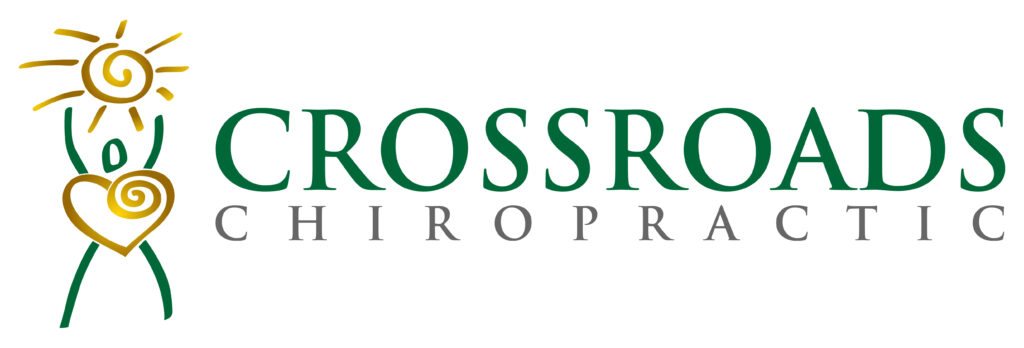Recently, our office held a workshop about sleep. Sounds innocent enough. Basic, even. Here’s the thing: it was a full house. The sleep workshop is one of the most popular workshops we offer at Crossroads Chiropractic. Here’s my conclusion: people are tired. So, so tired. We go hard all day long, we burn the candle at both ends, and when we do finally sleep…we do so poorly. I mean take a peek inside a convenience store. How many brands and varieties of energy drinks are there? Spoiler alert: a ton. There are a ton, because they sell. So, why are we grinding through our days all hopped up on caffeine? Why do we throw money at different mattresses and pillows? We need sleep. Sleep is so important to our physiological function, beyond just feeling rested. For example, during sleep your brain consolidates memory and heals and repairs tissue in your body. Want to feel better and think better? Sleep, for the win! Here are a few of my favorite sleep better tips:
- Get dark! We need to keep things in our room dark while we sleep, but also we need reduced light exposure for a little while before bed. Here’s how you can check your exposure. Turn off your bedroom lights and note the many little lights are around, perhaps an alarm clock, the power light of a television, or a night light. Note light coming in from the window: streetlights, neighbor’s porch lights, the moon, and in the early hours of summer, the sun. In terms of before bed, do you play on your phone, use a laptop, tv, or electronic reader? All of these aforementioned light sources affect your sleep. They do this via light’s effect on melatonin production. Melatonin is a hormone that is produced in our pineal glands. It helps regulate our sleep-wake cycle. There is research that light disrupts the production of melatonin. Study researcher Joshua Gooley, Ph.D of Harvard Medical School and Brigham and Women’s hospital says, “Our study shows that this exposure to indoor light has a strong suppressive effect on the hormone melatonin. This could, in turn, have effects on sleep quality and the body’s ability to regulate body temperature, blood pressure and glucose levels (webmd.com).” Specifically, that light in the room before bed suppresses melatonin duration by about 90 minutes and room light exposure during your normal sleep hours reduces melatonin levels by more than 50%!
- Get moving! Exercise can improve your sleep quality. It is interesting because, researchers do not understand the exact reason why this is the case. However, it is clear it helps. Dr. Charlene Gamaldo of the Johns Hopkins Center for Sleep, says on hopkinsmedicine.org, “We have solid evidence that exercise does, in fact, help you fall asleep more quickly and improves sleep quality.” The good news is that you don’t have to go crazy. 30 minutes/day of any activity you like, will do it.
- Think about what you ingest. Particularly, no shock here, caffeine. But not just from coffee. Tea, soda, and even chocolate need to be considered. Two others besides caffeine are nicotine and alcohol. Nicotine is a stimulant and can disrupt sleep if consumed within a few hours of bed. Alcohol, however, is trickier. Everyone knows the term “nightcap” for a reason. And while alcohol is a depressant and relaxing at first, there is a rebound effect that can wake you in the middle of the night, making it hard to fall back to sleep, and ultimately ruining your night’s rest.
- In short, are you dragging through the day? Do you hit that snooze button every morning? Are you an extra from a zombie movie, until you get your caffeine fix? If any of these are true, your lack of sleep may be compromising your health and wellness and it is time to find a better, more restful, and more effective method of sleep.


Leave a Reply